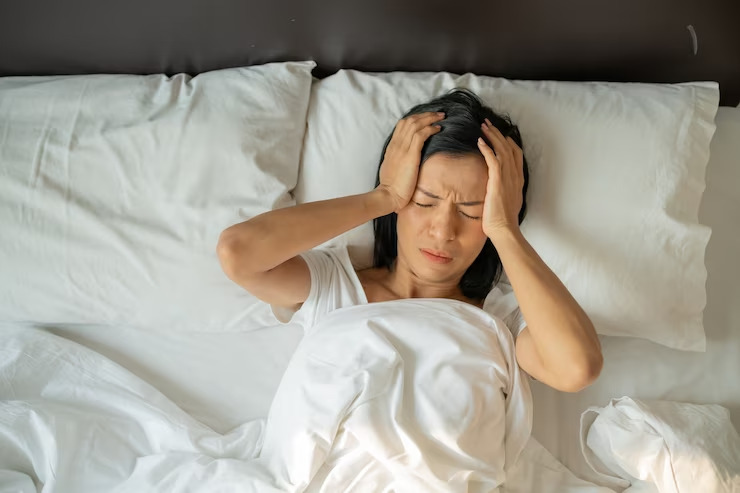Introduction
The other names for hypersomnia are excessive daytime sleepiness and hypersomnolence. It is more common in females than in males. It is diagnosed in young people, mostly aged between 16 to 24 years. Hypersomnia can be defined as “a sleep disorder where you feel extreme daytime sleepiness despite adequate sleep.” You may fall asleep several times during the day when affected by the hypersomnia.
Signs and Symptoms of Hypersomnia
The following are the essential symptoms of hypersomnia:
- Constant, recurrent, extreme sleepiness episodes during the daytime
- Sleeping for more than the required time(more than 10 hours of sleep) and still feeling sleepy
- Difficulty in staying awake during the daytime
- Difficulty waking up in the morning and often feeling confused after waking up
- Feeling sleepy and without alertness after the daytime sleep as well
- Anxiety and Irritability
- Restlessness
- Inability to focus/concentrate
- Memory problems
- Slow thinking
- Slow speech
Causes of Hypersomnia
The exact reason for hypersomnia is not yet known. However, there may be a mix of causes, like an imbalance in neurotransmitters in the brain and spinal cord fluid. Genetic links may also be possible for hypersomnia.
Types of Hypersomnia
There are broadly two types of hypersomnia. Firstly, primary hypersomnia and secondary hypersomnia.
Primary Hypersomnia
- narcolepsy(type 1) – This is due to the low levels of chemical messengers(hypocretin) in the brain and cerebrospinal fluid.
- narcolepsy(type 2) – This is unlike type 1 hypersomnia. Normal levels of chemical messenger(hypocretin) are seen and have less severe symptoms. It is usually seen among adolescents.
- Kleine-Levin syndrome – Recurrent extreme sleepy bouts are seen in Kleine-Levin syndrome.
- Idiopathic Hypersomnia – In Idiopathic hypersomnia, the exact cause of hypersomnia is unknown.
Secondary Hypersomnia
- Hypersomnia due to diseases – some diseases that can lead to hypersomnia are epilepsy, hypothyroidism, Parkinson’s disease, obesity, and multiple sclerosis are few of them.
- Hypersomnia due to medications – some medicines like barbiturates, benzodiazepines, and melatonin can induce hypersomnia. Also, other medications like anti-epileptics, antihypertensives, and antiparkinsonian medications can lead to hypersomnia.
- Hypersomnia due to not getting enough sleep – this may be due to you not getting enough sleep. This pattern is seen in those who do not have a healthy sleep schedule/routine—exercising and having caffeine rich foods during bedtime.
Management and Treatment of Hypersomnia
The management of hypersomnia is through medications and lifestyle modifications.
Medications
The medications that are used to keep awake are modafinil, armodafinil, pitolisant, and solariamfetol. These are the first choice of medicines and are also available on the medicine app. Other psychostimulants that are used for staying awake and alert but are associated with side effects are amphetamine, dextroamphetamine, and methylphenidate, which are also available on the medicine app.
Lifestyle Modifications
- Follow a sleep schedule. Go to bed at the same time each day.
- Create ambient surroundings for sound sleep. The room should be well-ventilated, calm, dark, and have comfortable pillows and a bed.
- Avoid caffeine products like Coca-Cola, coffee, tea, chocolate, and other over-the-counter medicines.
- Do not exercise when you are going to bed.
- Avoid alcohol during bedtime. It may cause sweating and nightmares during sleep.
- Avoid tobacco and nicotine-containing containing products during bedtime. Nicotine is a stimulant and keeps you stay awake,
- Avoid working in shifts periodically, especially on the night shift.
Conclusion
Hypersomnia is not a life-threatening disease but affects the quality of life. It causes a change in the ability to function in surroundings. You must be very careful, especially when driving, as it may lead to accidents. Medications and lifestyle changes help in improving the hypersomnia symptoms in some people.



